Schools Chancellor Carmen Fariña visited Public School 178 in the Inwood section of Manhattan Thursday morning to announce her plans to open 41 new classes for students with autism.
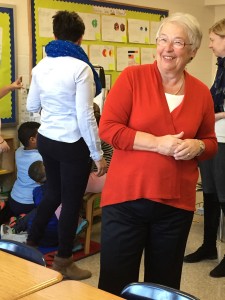
Her plans involve adding 100 more students to its Autism Spectrum Disorder Nest and Horizon classes that currently serve 1,300 students in 50 schools across the boroughs. Nest classes are smaller and integrate children with autism into mainstream classes. Horizon classes are self-contained, meaning they are only for children with greater needs on the autism spectrum.
“We are making a clear commitment to our students with autism and their families across the city,” Fariña said. The purpose of the expansion is to help more students reach graduation and eventually achieve independent living.
Among the 41 new classes, four will be in Manhattan, four in the Bronx, six in Queens, 10 in Brooklyn, and eight in Staten Island.
“We want every child to believe that the reason they are coming to school is there is something at the end waiting for them, college, their dreams,”said Corinne Rello-Aselmi, the deputy chancellor for specialized instruction and student support.
The Department of Education’s announcement on April 2—Autism Awareness Day—is in response to the increasing population of students identified with autism. Last month, researchers at the U.S. Centers for Disease Control and Prevention found that one in 68 children in the country is identified with the disorder, compared with one in 88 seven years ago. Researchers looked at school and medical records for 8-year-olds across 11 different communities and found that some regions, such New Jersey, ranked as high as one in 45.
Experts believe increased awareness about autism may have led to the higher numbers.
Standard special education classes do not seem to be adequate for these children. Services that parents often feel they have to go to private schools for—like second language and special education—should be offered in public schools, Fariña said.
“If there is a need and parents desire something, they should be able to get it in public schools,” she said. “You can’t pay for what you’ve seen today.”
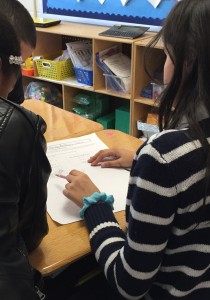
What Fariña saw on that Thursday morning was a girl reading an essay about Helen Keller in front of her second grade class and students drawing fractions in small groups. P.S. 178 has had a Nest program for seven years that focuses on working in groups to bolster social emotional growth and allows for individual work-time as well. For parents with a child on the autism spectrum, a Nest or Horizon program in a public school is a better option than private school, which can cost as much as $100,000 a year in tuition.
Some believe the 41 new classes will not serve all the students who need them. Nicole, a parent of a five-year-old on the autism spectrum who asked to be referred to only by her middle name to protect her daughter’s identity, feels the Department of Education leaves out a wide range of children. Nicole’s daughter attends Muscota Elementary School in Upper Manhattan’s District 6 and scored a 9 out of 10 on the Autism Diagnostic Observations Schedule test. In order to qualify for the Nest or Horizon programs, students must score around a 2 or 3 on the measure, which tests for social interaction and verbal skills. Children must also be at or above grade level in reading and math and have minimal behavioral issues. Kids like Nicole’s daughter who test high for intelligence and are highly verbal, but struggle with self-regulation, are rarely admitted into Nest programs.
The five-year-old was deemed “too autistic” for Nest or Horizon programs, yet is not high-needs enough to attend one of the 310 schools for severely challenged children.
“Kids with the highest needs get the best services,”Nicole said. “The kids in between have no program.”
Last year, Nicole was angered by the lack of services and filed a complaint with the state. Her daughter now has a certified special education teacher with her in her kindergarten class. Anticipating finding the right fit for her child’s first grade school, Nicole fears she’ll have to start all over again finding services.
“It’ll be a fight every year,”she said. “Until admission criteria change to be realistic, this increase isn’t very useful,”she said.
Still, the 41 new classes mean more options for the 27 state-funded programs that serve students with autism in New York City.Fariña’s announcement came as good news for Stephanie Golub, principal at The League School, a day school in Staten Island that serves students with psychiatric needs. The League School works with students until they are ready to transition into a Nest program.
“It provides us with more options for when students do transition out of The League School,” said Golub, adding that the goal of her school is to move children as quickly as possible into a less restrictive program.
The new Nest and Horizon classes will open in September of 2015. Until then, Fariña said professional development will be available to special education teachers and enrollment criteria will be re-evaluated. The schools chancellor developed the original Nest program in Public School 32 when she was Brooklyn District 13 superintendent with Dorothy Siegel of New York University’s Steinhardt School and Shirley Cohen from Hunter College.

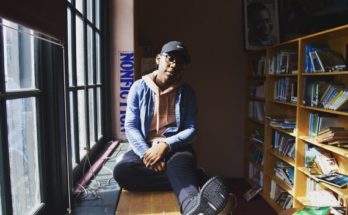
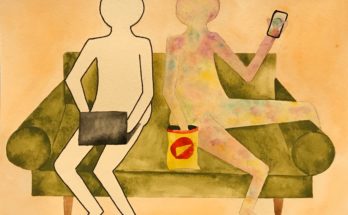
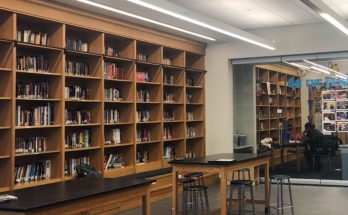
Just wondering which schools in Manhattan offer the horizon program. My son attends one that’s way too far from our home and I can’t seem to find any more closer to home.